World Horse Welfare welcomes EFRACom’s horse smuggling and equine ID recommendations
Posted on 30/09/2021
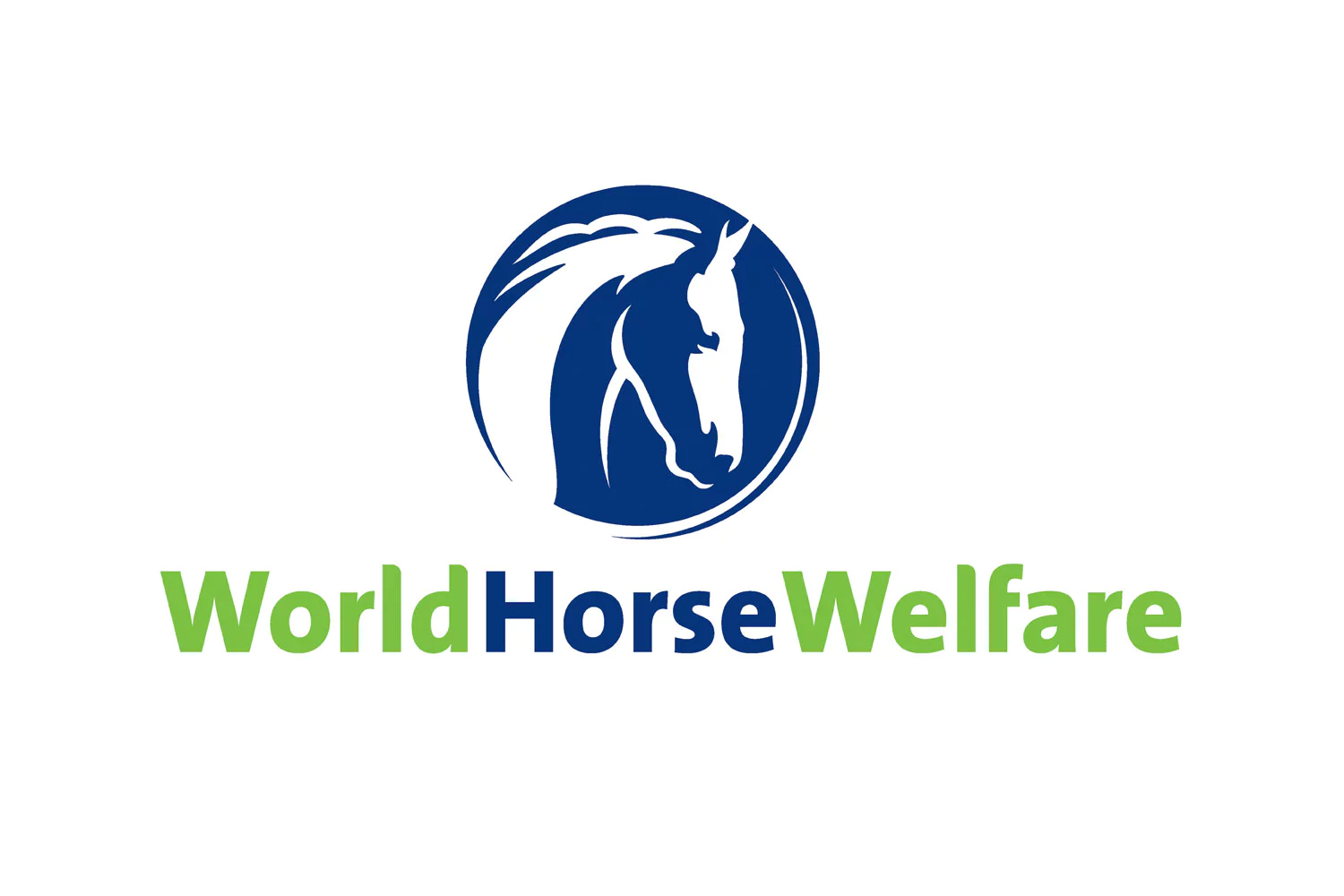
Equine welfare charity World Horse Welfare welcomes today’s Environment Food and Rural Affairs Committee (EFRACom) recommendations to the UK government for digital-first equine ID and the need to address the problem of horse smuggling. The influential committee urges the government to introduce measures, including improved equine ID legislation, that will lead to improved welfare, especially for equines of a low financial value who are currently moving across borders under the radar.
Many horses travel across borders for racing and other equestrian sports, and others move legitimately for breeding, sale or other purposes. Horse smuggling, or non-compliant movement of horses, however, is a significant issue and often involves horses travelling in poor conditions and who may not be fit for the journeys involved. Some end up at European slaughterhouses, and will continue to do so even after the government’s planned ban on export for slaughter unless government moves to fully digital ID and traceability systems.
Roly Owers, Chief Executive of World Horse Welfare said: “We welcome this report which contains recommendations that, if implemented, would make a huge positive difference to equine welfare. Effective enforcement relies on being able to identify horses throughout their lives and to do this the ID system needs to be digital by design, and traceability systems introduced. This will allow all those involved such as border staff, police, veterinarians and welfare organisations to work together and drive enforcement through an intelligence-led approach.
“The existing equine identification system of paper passports, insufficient collaboration between government bodies and enforcement agencies across the UK and the knock-on difficulties in enforcing the current legislation mean it is all too easy to bypass the system and move horses on false documentation.”
“We warmly welcome the Committee’s recommendations that Defra should investigate these non-compliant movements and will continue to share our intelligence and expertise to help better understand the scale of the problem and find practical solutions, and we look forward to working with Defra and the devolved governments to help inform an improved and digitised equine ID system.”
Horses are much-loved pets or members of the family to many of us, but to those involved in horse smuggling between Britain and the EU they are simply a commodity. Horses may be signed out of the food chain but falsely re-identified with a fraudulent ‘clean’ passport to make them appear eligible for slaughter. This means a trader can still make a profit from them if they don’t sell for other purposes.
Moving such horses with fraudulent passports out of their country of origin also increases the likelihood that they will slip through the net if they do reach a slaughterhouse as, although EU Member States and the UK have central equine databases, slaughterhouse officials often cannot access the databases of other EU countries and have to rely on easily falsified documentation.
Horses are also transported under the radar for purposes other than slaughter. Enforcement agencies are often reluctant to check a vehicle loaded with horses, so they can be used as a cover for the movement of other illicit shipments including puppies, wild birds, exotic animals, drugs or money. The horses being travelled as part of this organised criminal activity are often transported long distances without current welfare legislation being observed or enforced which is a significant threat to equine welfare. To effectively fight the trade in horse smuggling it is vital that government secures a commitment from and collaboration between all the agencies involved in overseeing movements at the borders and addressing organised crime.
Topics
Related News
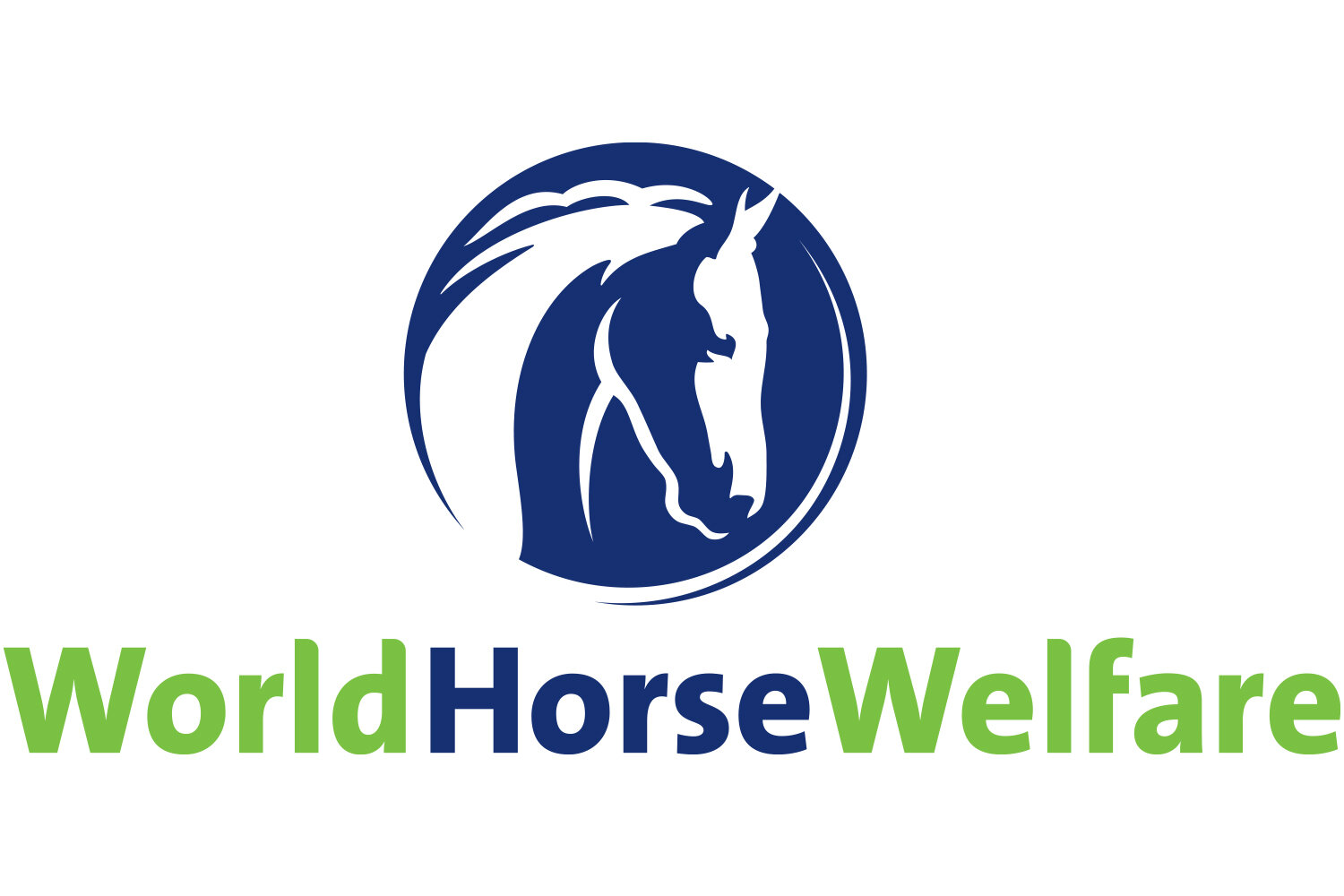
World Horse Welfare Statement in response to the Grand National 2024
"It’s certainly good news that all horses made it home safely in the Grand National."
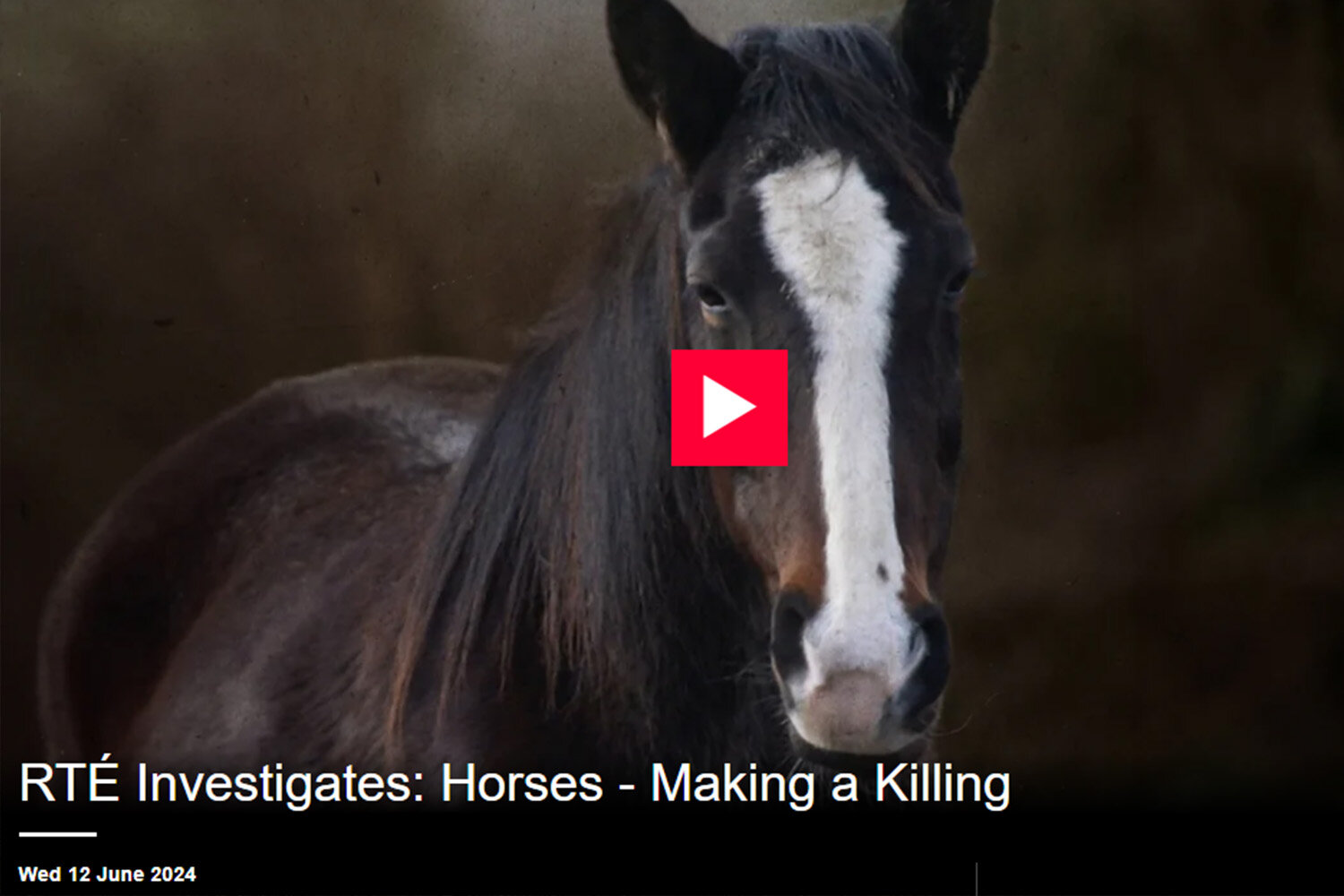
Outrageous slaughterhouse cruelty revealed in RTÉ documentary
A documentary by Irish broadcaster RTÉ, shown yesterday evening, has left our charity outraged at the shocking acts of cruelty captured within an Irish slaughterhouse lairage.
Recommended Blog Posts

How to help a needle-shy horse overcome their fear
Grooms Amy and Emily explain how they work with horses who are nervous with needles before a visit from the vet.
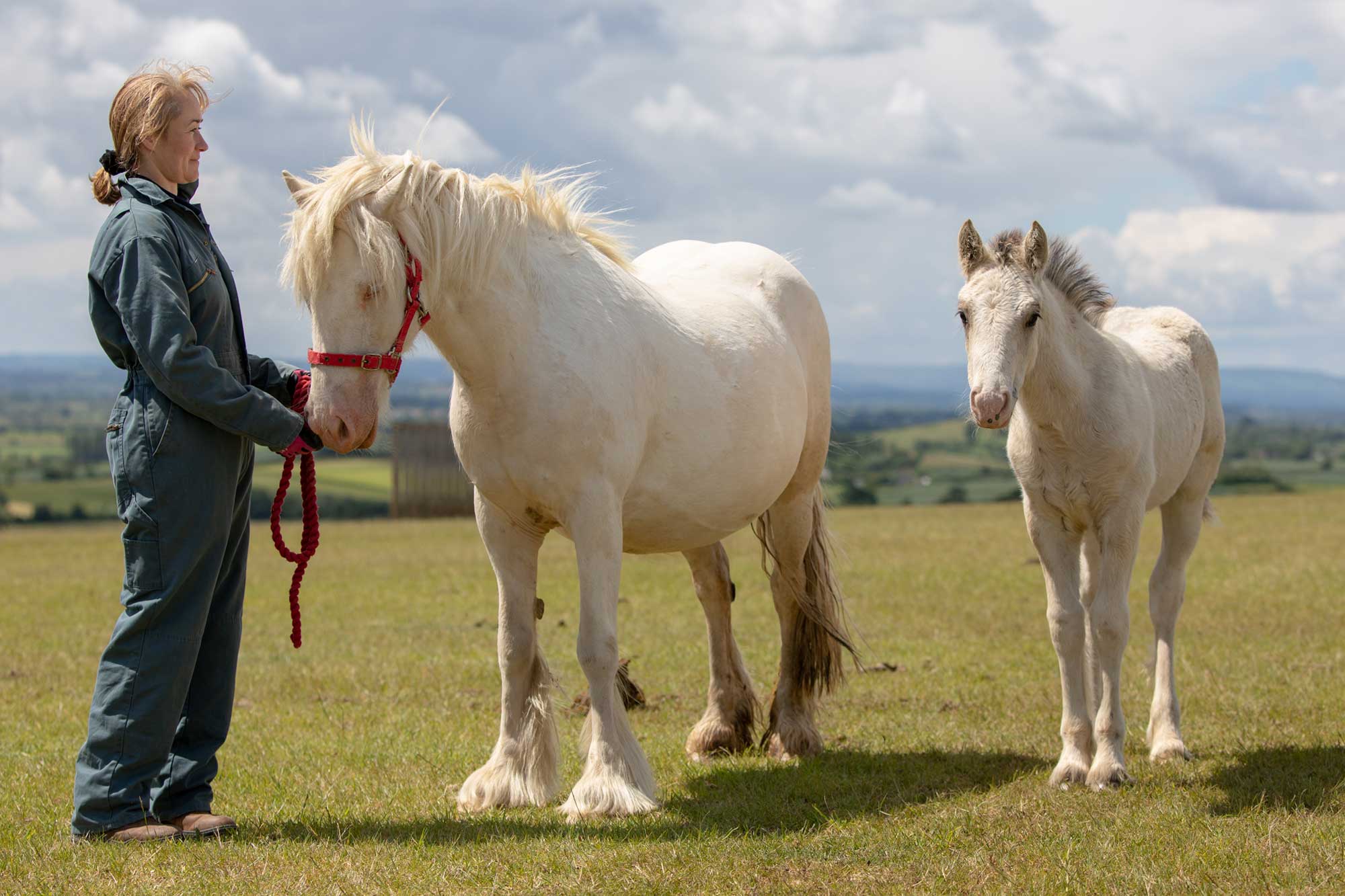
What does biosecurity mean and how do you quarantine a new horse?
Research and Education Officer Alana Chapman shares simple steps you can take to prevent an outbreak of disease on your yard.
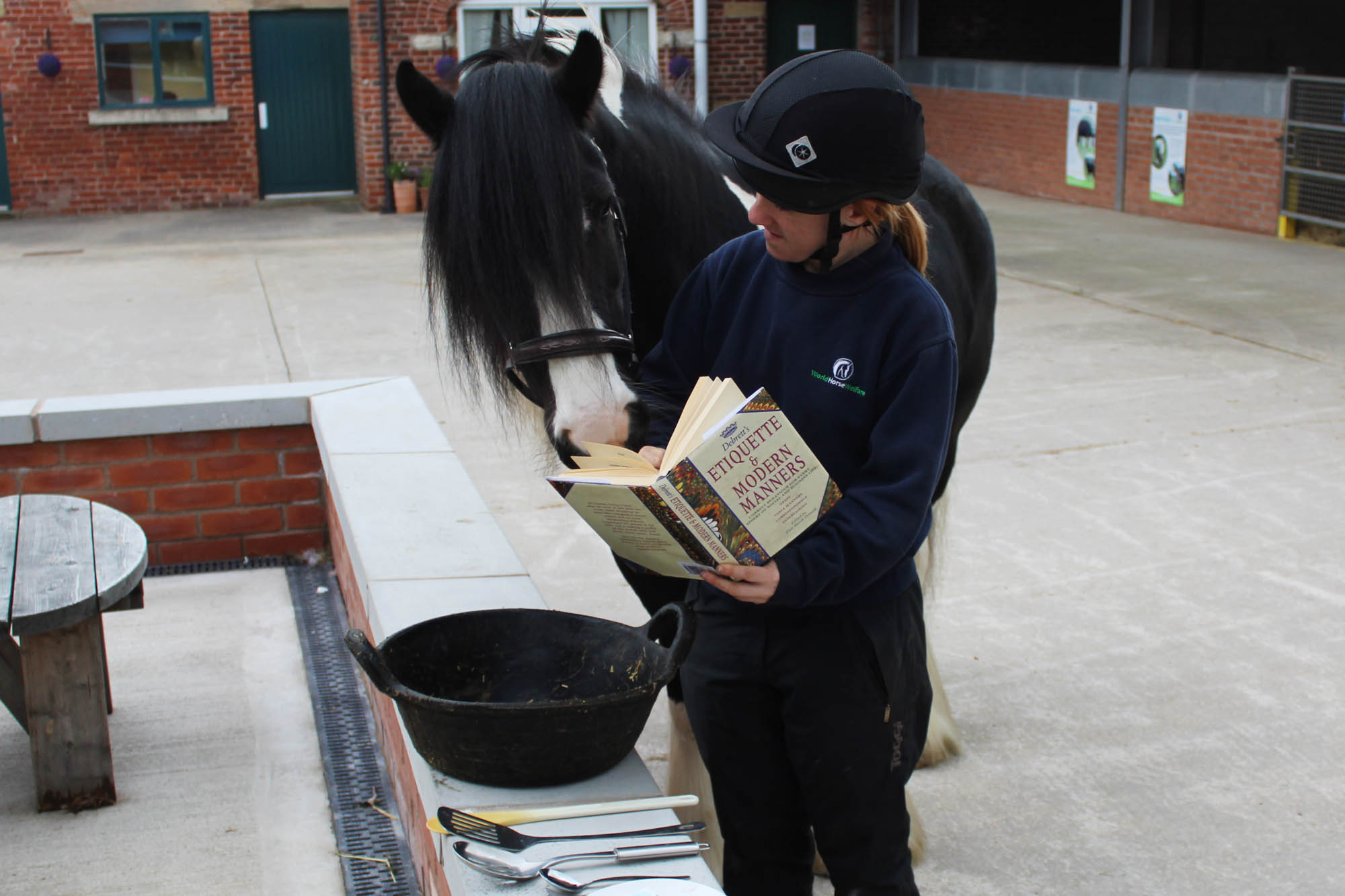
Frodo’s journey to Royal Windsor
Frodo's groom Nicolle picks up the story as Frodo prepares to go to Royal Windsor Horse Show.
Enjoy reading stories like this?
Join over 65,000 other horse lovers and sign up for our email newsletter

Join over 65,000 other horse lovers and sign up for our email newsletter
Sign me up now